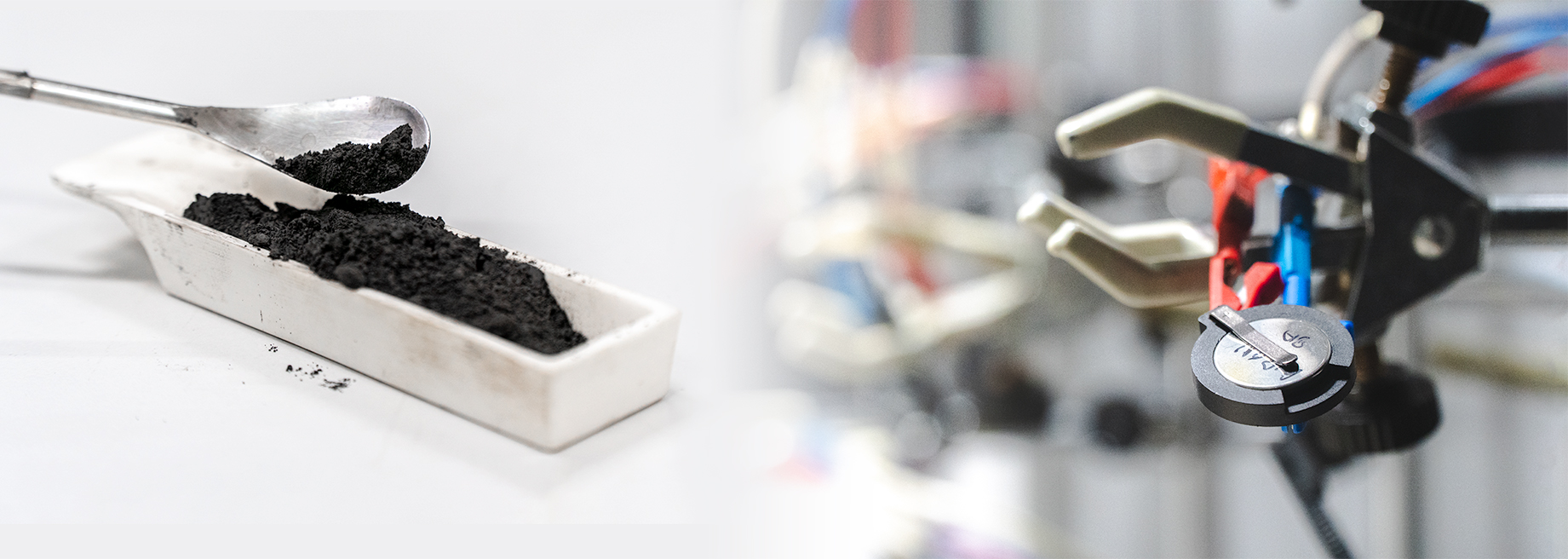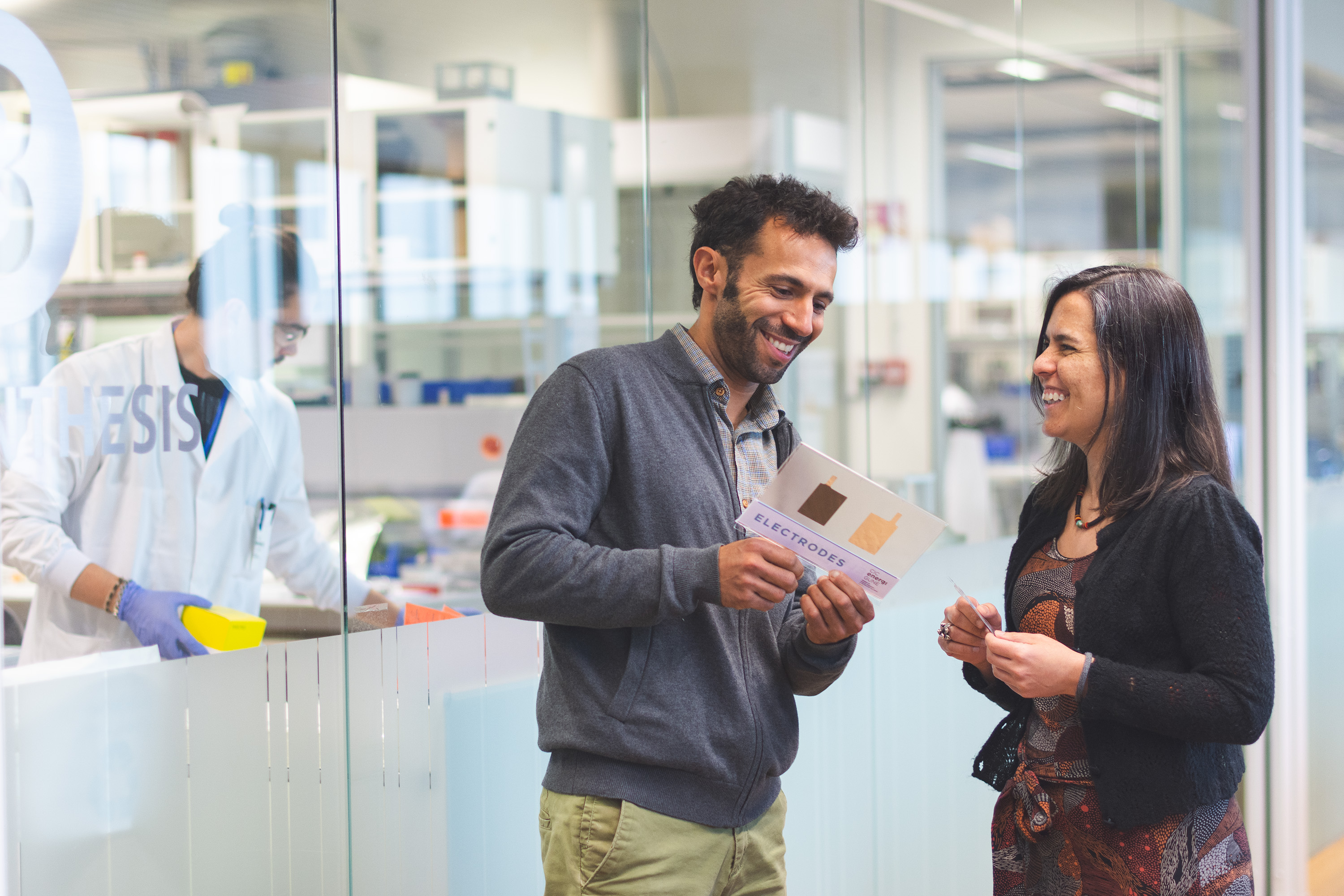CIC energiGUNE, the Basque research center of reference in electrochemical energy storage, thermal energy storage and conversion and hydrogen technologies, is working on the development of electrolytes, anodes and interfaces that will facilitate the manufacture of solid-state Li-ion batteries through 3D printing under sustainability and high energy efficiency criteria. The research work being carried out at the Basque center corresponds to the ARISE subproject, included in the 3D ASSET project funded by the Ministry of Science and Innovation in its “Ecological Transition and Digital Transition Projects" call.
“The development on current collectors and interfaces for the negative electrode, adapted to solid electrolytes prepared through 3D printing, opens up doors to new concepts in the digital manufacture of batteries and allows to increase the performance and interfacial stability of the cycling of the devices”, has assured Montse Casas-Cabanas, Scientific Coordinator of the Electrochemical Storage Area at CIC energiGUNE and head of ARISE at the Basque center together with researcher Pedro López-Aranguren. “In addition, we will be able to advance in the manufacture of batteries without lithium metal electrode “anode free” and with positive high-voltage materials without cobalt, with high energy density and power, and fast-charging, known as ‘Generation 4’”, has reminded López-Aranguren.
In this context, the ARISE subproject will be key to consolidate the principal objective of the project, which is to develop a new generation of advanced solid-state lithium-ion batteries that offer a high performance and can be digitally manufactured from design. To this end, work will be carried out on the characterization of a new generation of anode-free batteries (this is, the lithium metal anode is formed in situ, minimizing the amount of lithium in the cell) and with cobalt-free cathodes, as well as on the effective implementation of the new materials in inks and filaments for 3D printing technologies.
The advantages of this application of 3D printing to the manufacture of solid-state batteries will be especially noticeable in aspects such as the reduction of risks related to the use of critical materials, such as cobalt and lithium. In fact, this project will promote the manufacture of ‘4th Generation” batteries: high voltage, anode-free, cobalt-free, high energy and power density, fast-charging lithium batteries that meet the EU guidelines for the batteries of the future.
Likewise, the project leaders aim to obtain concrete results in all areas of research, such as the development of printable raw materials and the production of 1st generation low-voltage cobalt-free cells and 2nd generation high-voltage anode-free and cobalt-free cells without anode and without cobalt. The manufacture of prototypes of cells with high gravimetric energy density is also contemplated.





